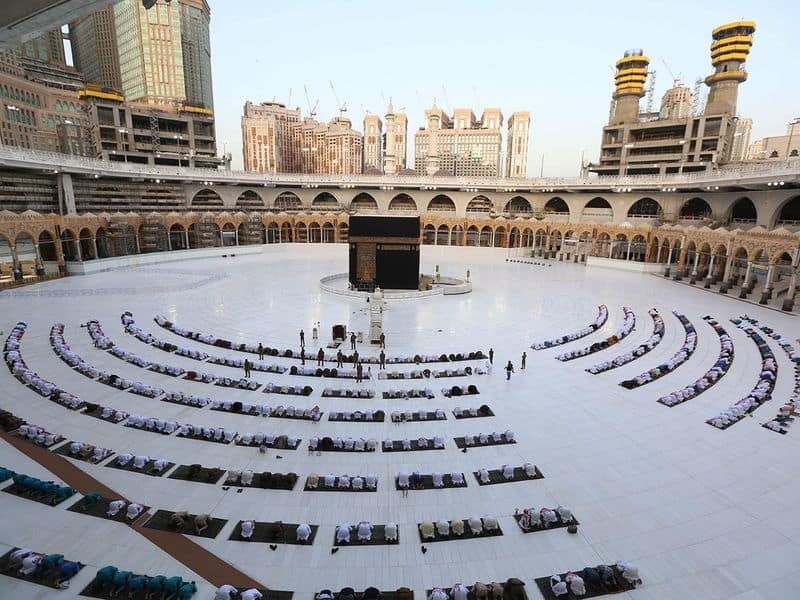Kuwaiti Prime Minister Sabah Al-Khalid Al-Sabah has announced that the country will aim to drastically change the country’s demographics in the coming years. The prime minister, who assumed the position as an appointee in November 2019, said “we have a future challenge to redress this imbalance,” referring to the country’s large population of foreign workers.
Migrants in Kuwait
Kuwait currently hosts millions of expatriates, making up 70% of a total population of over 4.5 million. The country has announced similar plans before, deporting thousands since 2016, but continues to depend heavily on cheap foreign laborers that benefit from the country’s low tax rate to save or send remittances home.
Migrant workers in Kuwait mainly perform low-skilled labor in occupations that Kuwaitis themselves avoid. Domestic help, construction, and lower-level public sector jobs have been filled by nationals from other Middle Eastern states and Asia more broadly.
Kuwait has previously considered imposing quota systems on immigration and is now proposing similar ideas, but the small native population would be hard-pressed to fill the gap left by the departure of millions.
Pandemic reveals risks
Poor living conditions and housing for unskilled laborers has become a major source of risk for Kuwait and many other Gulf states. While the country implemented COVID-19 measures early and general adherence was maintained, the migrant population in most Gulf countries allowed the virus to spread because of the cramped conditions of expatriate housing.
For Kuwait, the crisis appears to have renewed a drive to reduce its expatriate population and work toward a state of self-reliance. Like many Gulf states, Kuwait is facing increased tensions due to protests from foreign workers packed together in COVID-19 containment camps, and has seen a worrying rise in xenophobia towards migrants.
As the concept of shrinking populations is becoming more common in highly developed economies such as Japan and several European states, Kuwait’s plans would produce a unique experiment in rapid population decline.
Growing tensions
Kuwait has faced a challenge for years in how it could to reduce its population while continuing to grow its GDP and further develop the state.
Migrants who contributed to Kuwait’s development could suffer if it indeed “purifies the country,” as Kuwaiti parliamentarian Safaa Al-Hashem phrased it in Kuwait City-based newspaper Al Qabas.
Kuwaiti actress Hayat al-Fahad told a local television channel that immigrants who tested positive for COVID-19 should be “put in the desert” in order to save hospital beds for nationals while journalist Mubarak Albugaily called Egyptians workers in Kuwait a “burden on the state” in a public call for mass deportation.
Future growth
If the state of Kuwait is to find a solution to its dilemma of producing growth with a shrunken population, its officials could benefit from a cooling of tempers regarding immigrants.
If Kuwaiti officials and public figures continue to accuse migrants of exploiting the system, and migrants continue to live under poor conditions, the country might get its wish prematurely.
By prioritizing a deportation process and quota system that provides non-coercive incentives for departure and a recognition of foreign workers’ human rights, Kuwait could slowly wean itself of its reliance on migrant workers. However, the question of what would replace the labor of millions remains.
The country could copy strategies employed by Japan where automation, digital innovation, and the use of artificial intelligence are rapidly replacing low-skilled work. But getting to that point would require much time and work, during which foreign workers would remain an important part of Kuwait’s economy.





